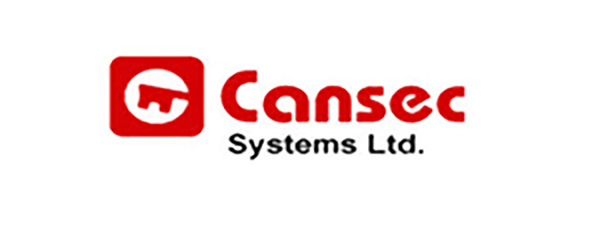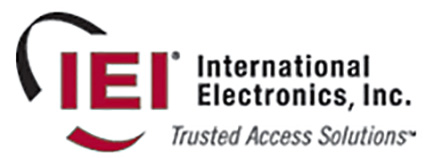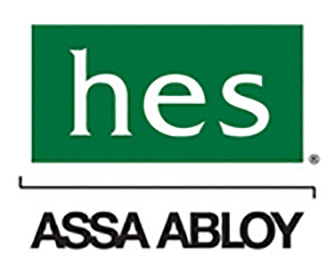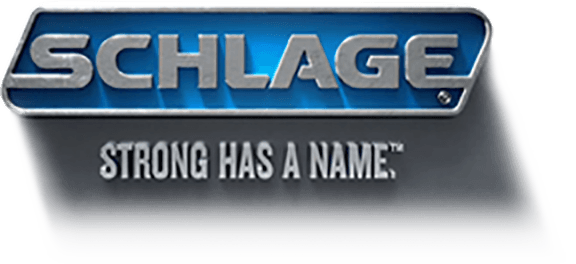How to Spot a Potential Locksmith Scam
Locksmith scams often target auto and home owners at their most vulnerable, when they need assistance in an emergency. Consumers may believe they’re doing the right thing by doing their research online, but they may fail to realize that scammers have learned how to manipulate the system. In many instances, such locksmiths don’t operate locally, and they’re run through out-of-area call centers. Sometimes, they’ve received no training at all. To avoid hiring an unskilled or dishonest worker, follow the tips below before choosing a locksmith.
Look for a Locksmith That’s Truly Local
The easiest way to know whether a service is honest is to learn about them before hiring. Call, ask questions, and read reviews. In an emergency, be wary of companies that answer calls with nondescript phrases and those that hire non-English speakers. If a locksmith has a local address, search it online and determine whether any other companies use that location. Finally, if a locksmith has an 800 number instead of a local one, it’s likely that they are running a scam.
Check the Locksmith’s License and Identification
When a locksmith arrives, ask for his or her identification, which may include an occupational license. Only a few states require licensing, which makes it illegal to work or advertise as a locksmith without the right credentials. Customers should be skeptical of companies that claim licensure in areas that don’t require it, and honest locksmiths should ask customers for identification to ensure that they’re unlocking property that belongs to that person.
Ask About Extra Charges
Some dishonest locksmiths charge extra for mileage, emergency hours, or service calls; they may claim that the lock on the car or home is outdated and must be replaced. Then, the scammer will charge hundreds to replace the old lock with one they claim is better. In most cases, however, these locks are cheap and offer little protection. Honest locksmiths should be able to answer customers’ questions about repairs and associated costs. If the smith is unable or unwilling to answer questions, it may indicate that they’re unskilled or unethical.
Beware of Fluctuating Prices
If a locksmith’s on-the-job price does not match the over-the-phone estimate, the customer should look elsewhere. Some smiths request payment for poor-quality work, and others inflate bills or threaten litigation if the customer doesn’t comply. These are all bluffs; a reputable company will not charge significantly more than the quoted price.
Questions to Ask Before Hiring
Before hiring a locksmith, ask the questions listed below.
- Where is the company located?
- How will the locksmith get into the car or home? Can they explain the process?
- Is it necessary to provide a photo of the lock?
- Is an estimate available, and which factors will affect the final price?
- Which payment methods are available?
The Last Word
If the locksmith can’t provide these answers, customers should move on to the next company on the list. When customers believe they’ve been scammed or overcharged by a locksmith, they should contact the office of their state’s attorney general for help and information.







